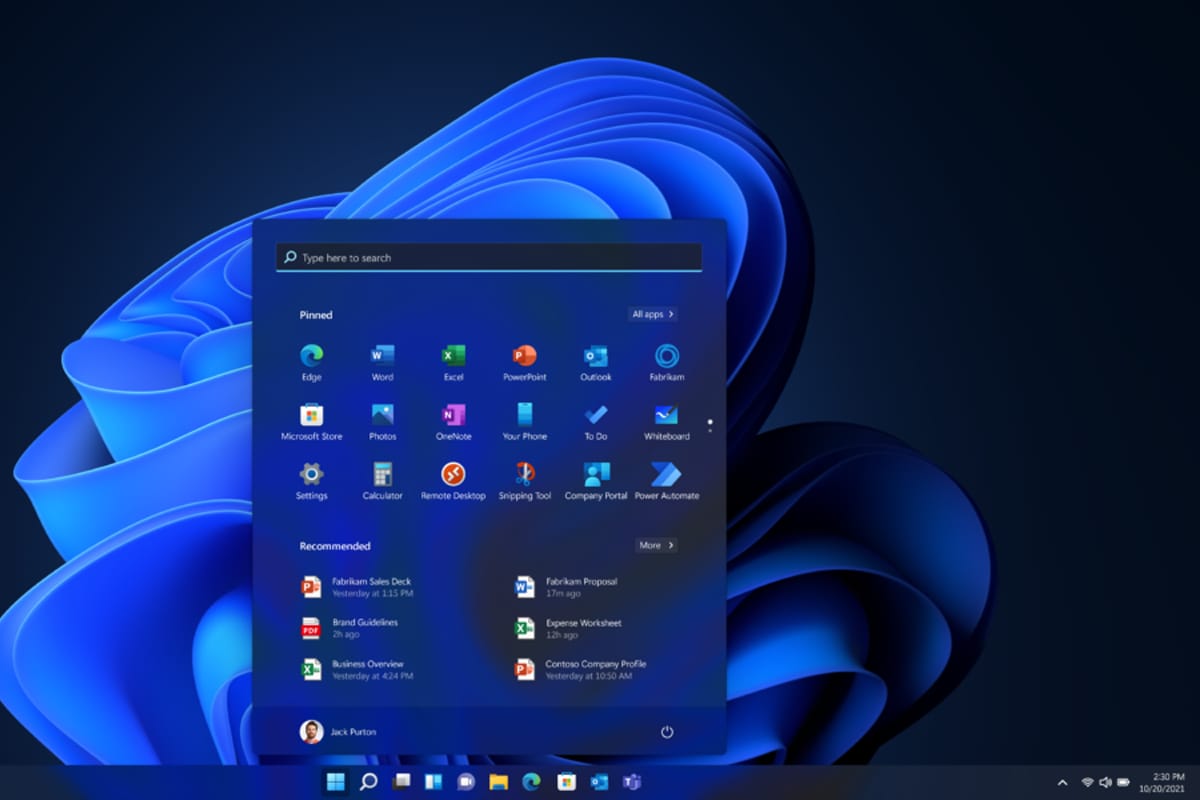The next iteration of Microsoft’s flagship product, Windows 11, will natively support Android applications. A feature that may change how home computers are traditionally used. From mouse and keyboard to touch screens and gestures.
This addition to the Windows platform is the biggest change we will see as we move from Windows 10 to Windows 11. And, it will unlock approximately 500,000 Android applications currently on the Google Play store.
CHECK OUT: The 6 Most Rugged Laptops – Perfect For People On The Move
How Does Windows 11 Natively Support Android?
Currently, if people want to use an Android application on their Windows machine, they must go through the hassle of using emulators. These emulators, as the name suggests emulate an Android environment for the applications to run on:
However, in Windows 11, native support is possible because of Intel Bridge Technology. Intel Bridge is a run-time post compiler technology that will enable android applications to run on windows machines as if they were running on an Android device.
This feature is officially called the Windows Subsystem for Android. And if you are an AMD user, don’t worry, Microsoft has said, native support will extend to AMD CPUs.
CHECK OUT: Why Solid-State Batteries Will Revolutionize How We Store Energy
How Will Android Apps Work On Windows?
Android applications on Windows 11 will behave as if they are native Windows applications. This means each app should include a full array of Windows support features, like a top-level window, taskbar entry, and allowing the ability to pin this application to the start menu.
During the Windows 11 reveal, it was further explained that behind the scenes they had created a sort of proxy native application that will handle the Android application model and Windows’s own application model:
This means that the system will provide things we can come to expect from the Windows application. These include start menu shortcuts, icons, and being included in the uninstall list.
CHECK OUT: Valve’s Steam Deck: The Future Of Portable Gaming
Will Windows 11 Use APKs?
Microsoft has also confirmed that Windows 11 will give users the freedom to sideload applicating directly via APKs. This means that Windows device users won’t need to depend upon application stores to install their favorite applications:
However, as is the case with sideloading applications on your android mobile device, sideloading APKs from unknown sources could be risky.
When Will Windows 11 Be Available?
According to a blog post on Microsoft’s website, Windows 11 will be available on new devices coming this holiday season:
Meanwhile existing users that are on Windows 10 can expect the Windows 11 update at the start of 2022.
However, for people that can not wait to get their hands on Windows 11, they can get access to the Windows Insider version of Windows 11 via the Dev Channel.
Plus, for OS traditionalists who won’t be jumping on the Windows 11 hype train at launch, Microsoft has said Windows 10 will be supported until 14th Oct 2025.
And if you want to experience Android applications on your Windows PC right now, you don’t have to wait for Windows 11’s. Check out emulators like Blue Stacks today.
CHECK OUT: The Best 8K TVs You Can Buy Right Now – From $3,000 To $30,000
